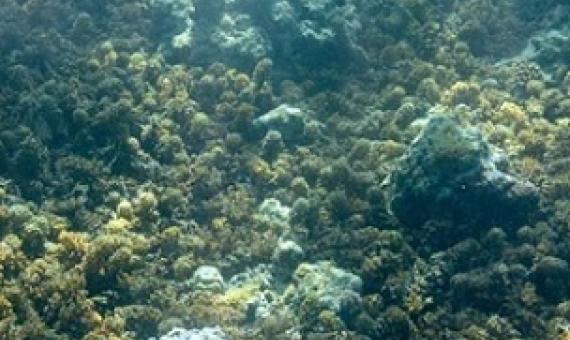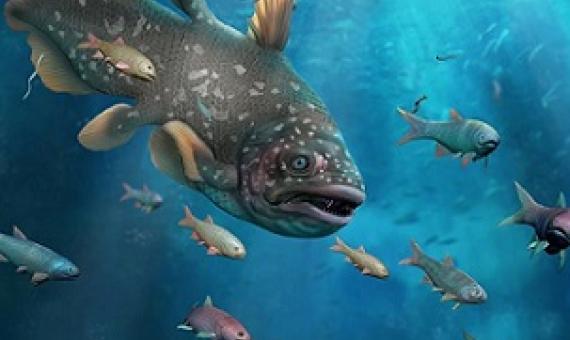Natural disasters can devastate a region, abruptly killing the species that form an ecosystem's structure. But how this transpires can influence recovery. While fires scorch the landscape to the ground, a heatwave leaves an army of wooden staves in its wake.
An exceptionally well-preserved trove of fossils uncovered in southern China represents a complex marine ecosystem from the dawn of modern life, according to a study published in Science today.
Video - Gwala Rising in the Bwanabwana Islands
'Gwala Rising in the Bwanabwana Islands' depicts the revitalization of traditional conservation practices in the islands of Papua New Guinea. The community of Anagusa Island is combating the effects of climate change and protecting the coral reefs they rely on using gwala: the traditional practice of setting aside a reef or forest area to allow the ecosystem to recover. Gwala is helping the community of Anagusa Island prosper - empowering men and women with improved access to food and livelihoods.
In partnership with the Secretariat of the Pacific Regional Environment Programme (SPREP), University of Newcastle researchers are investigating the role of invasive species eradication programmes in supporting ecosystem resilience in dedicated field sites throughout the Pacific.









